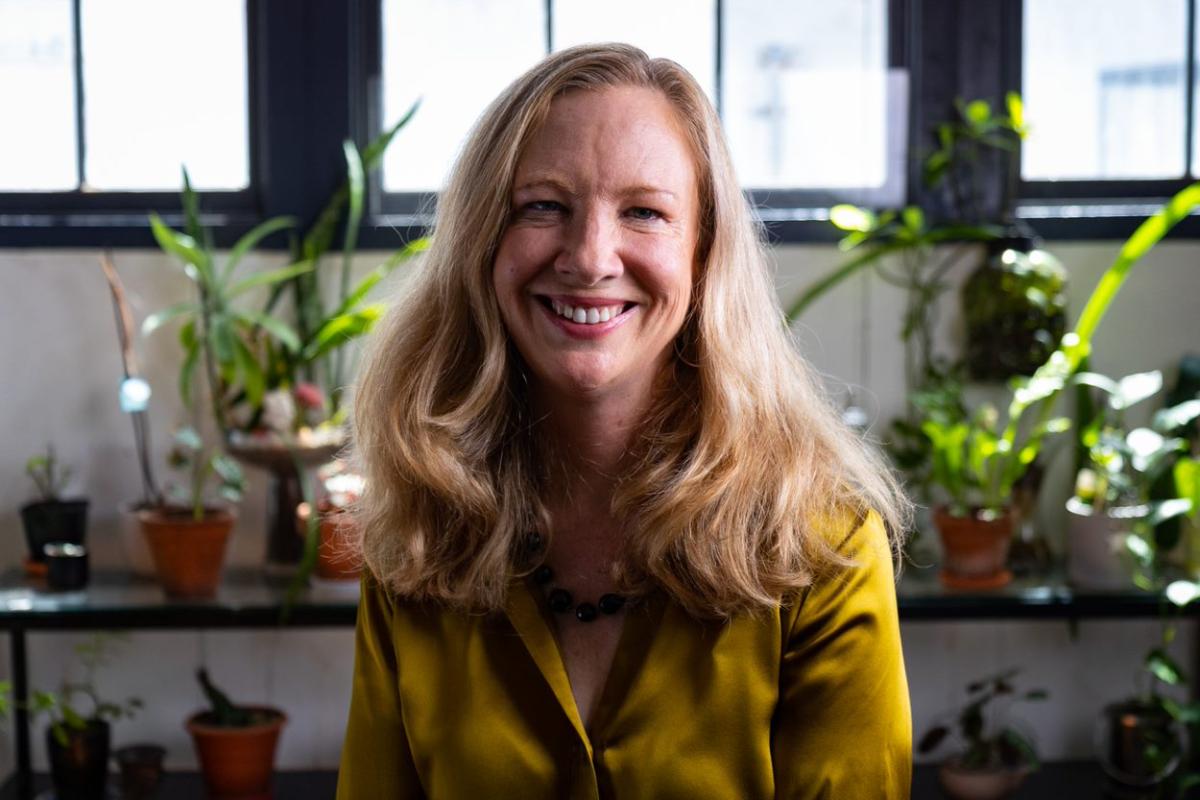Professor Karen Canfell AC

Influential cancer researcher and epidemiologist Professor Karen Canfell AC has led the way with new strategies for cancer control, both in Australia and internationally.
She is the inaugural director of The Daffodil Centre - a joint venture between Cancer Council NSW and the University of Sydney - and a professor in the Faculty of Medicine and Health at the University of Sydney.
Her work has led to her appointment as a Companion of the Order of Australia for eminent service to medicine as an epidemiologist, particularly through cancer research, to tertiary education, and as a mentor and leader.
“At a global level, the greatest impact of the work I’ve performed, with my team, has been in informing the World Health Organisation strategy for eliminating cervical cancer and helping to position Australia to be the first country to achieve the goal, as is expected by 2035,” she says.
“I am particularly honoured that the citation reflects my role as a mentor and educator. I’m so privileged to have had the opportunity to support some of the most outstanding researchers in the world, in relation to research into cancer prevention and early detection, health services research, and reducing inequities in cancer outcomes.
“I am motivated by the devoted people I work with, the enormity of our collective challenges in cancer control and our sense of achievement when we succeed.”
Previously, Professor Canfell was the director of research at Cancer Council NSW and was an associate professor at the University of New South Wales.
She is also a National Health and Medical Research Council (NHMRC) leadership fellow and chief investigator of the NHMRC Centre of Research Excellence in Cervical Cancer Control (C4).
Her thanks go to family and friends, particularly her husband Graeme.
“I’d also like to remember my mother Ann, who passed away from cancer many years ago,” she says.
“Finally, I’d like to thank those I work with – our amazing team and collaborators, the leaders in the countries which we work, and the community members who have participated in our research – without them, none of this would have been possible.”
